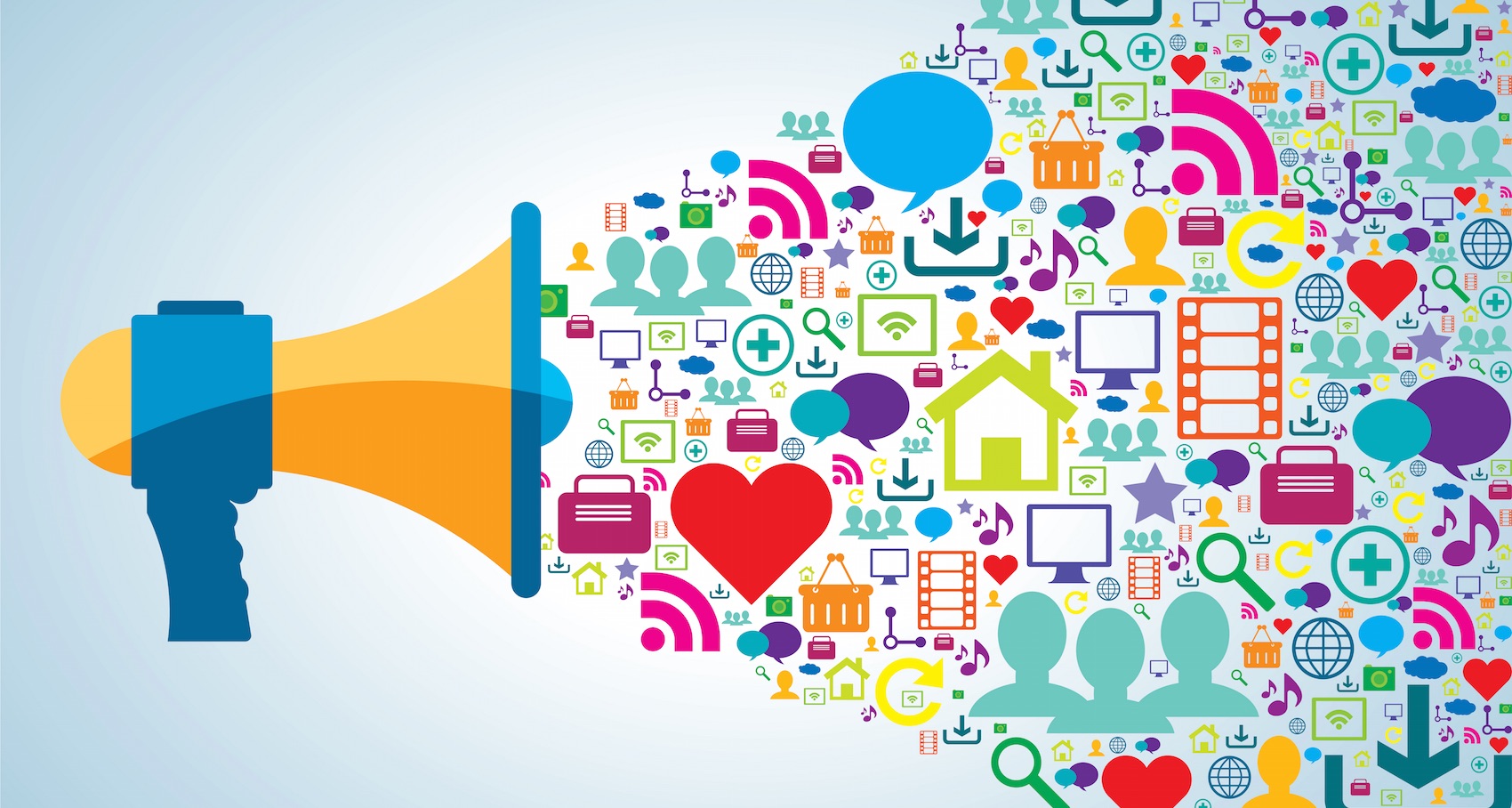The Fallacies Of Social Media

The Internet is dualistic in nature: it is a dangerous place, yet a world full of opportunities. Social media is the reverse of it, where millions of people spend their time on the networking sites every day for several hours. The primary purpose of social media as we all know is to connect with people for different reasons and the second reason is for information and entertainment. The 21st century has seen rapid growth in the millennial culture and has earned the reputation for bullying, harassment and trolling.
The first fallacy of social media is anonymity. There is nothing wrong in being anonymous because at times your life is at a stake, or you cannot reveal your identity for self-protection. The other types of people who like to be anonymous, though, are bullies and trolls. If you use the popular social media sites then you have this phenomenon where you are attacked personally for no apparent reason and labelled as something which you are not. This fallacy is termed as ad hominem: “(of an argument or reaction) directed against a person rather than the position they are maintaining”. Often, on Twitter, you cannot express your views or defend yourself in 140 words but people are quick to attack you after few tweets, which has left me baffled. If you ask a person why they tweet then the simple reason: it feels like standing in a crowded street and screaming loudly, hoping someone would hear and appreciate you. The notion of social media has become a place where you can prove your intelligence, or simply feel self-worth. Yet why do people use social media knowing they will be trolled, bullied and harassed?
The second fallacy is argumentum ad populum or FOMO (Fear of Missing Out). The foremost reason for people to join social networking sites is the fear that they won’t be able to participate in the virtual world. It has become a sort of trend for us to take pictures of food, check-in where we are, and make necessary updates to let others know that we are still alive and relevant for them. However, it is doubtful as for how many online friends are real ones as recent studies suggest that a person can only have 150 connections in reality; 4 of them being virtually and offline. This bleak picture only tells us how irrelevant it is to share everything online as it only accelerates our narcissism to the extreme. The trend of joining and quitting social media although is somehow balanced. Those who realize its importance and true nature use it moderately, whereas others just misuse and abuse it. The question here is: do we really have to share everything online? Does social media validate what I am? Like birthday celebration, or graduation party? The answer is both yes and no. There are some of us who want online affirmation (or share happiness), or maybe make others jealous to show how great life we have, and on the other side there are those who want to keep their affairs private, they are likely to get scorned at.
The third one is the fallacy of personal validation, which I have discussed a bit, and the urge to have the online identity. As the world progresses technologically, humans have been subjected to the virtual world whether we like it or not. Multinational companies have heavily invested on social media, mainly, for business and identity gathering. It cannot be denied that the technological giants have helped us in immense ways, but at the same time our identity has been stored online and we are not sure for what purpose they are being used. If one decides to stay offline, that person is likely to be put under surveillance by the state agencies (in many nations). Thus, we humans now have our own online presence which we want other people to like it. We can only imagine how complicated and advanced the social media will be in the future but the debate goes on if it is worth it and one should quit immediately.
I recently deleted my Instagram and Google+ account, the way I deleted Hi5 and Orkut years back as they became irrelevant and time-consuming to me. One of my friends asked me as why I had deleted my accounts — I agree, I had FOMO but it was time to invest more time offline rather than trying to have that multitude of online presence — hoping to get that validation. I guess I have learned the hard way, have you?
(Arun is the digital editor of Anna Note. He tweets at @arunbudhathoki)



